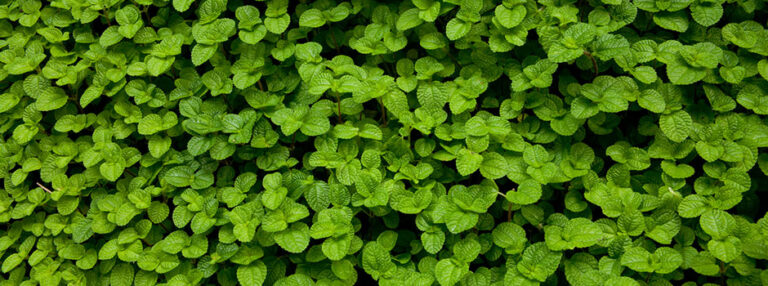There are herbs that seem to have a bad reputation, no matter how useful they are. Some of these particularly vigorous growers are said to be ready for a hostile takeover of your garden as soon as you plant them.
The truth is, if you know a little about the life cycle of an herb and how it reproduces, you can see exactly how to keep these types of herbs in your garden, exactly where you want them.
Invasive herbs that everyone recognizes, such as mint, comfrey, borage and many others, have a lot to offer. They are tasty, healing, beautiful and harbor beneficial insects that are welcome in any garden. But they need to be managed.
Keep the following tips in mind to control invasive herbs:
- If possible, plant the herb you want to control in a container garden. This provides any roots or underground stems that can grow into a new plant. Use attractive or unusual pots, or simply bury your pot in the ground and mulch over it. For particularly vigorous growth (e.g. mint), leave the top edge of the pot above soil level so you can see if tendrils escape.
- Regular pruning or pinching. Doing this will prevent your invasive herbs from flowering and producing seeds, which will result in next year’s problem. Once an herb has seeded itself, the work to keep it under control increases exponentially.
- Deep mulching is a great way to control vigorous growers. Mulching properly is a two-step process. First, cover the ground with a thick layer of overlapping newspapers. Then cover the papers with at least 4 inches of organic mulch. Any weeds underneath will not be able to germinate, and any seeds that escape to germinate in the mulch can simply be pulled out.
- Finally, weeding by hand is the most work, but also the most rewarding. Check how your garden is growing every day. I highly recommend twice a day, to properly monitor. Check for germinating weed seeds, flower buds, weakened or damaged herbs and other changes in your garden. Staying one step ahead of the invasive herbs by picking a small sprout or blossom every evening will prevent you from ending up with a front yard full of spearmint.
Enjoy every herb, even those who want to be in control. By paying close attention and completing a few simple tasks every day, your herbs will continue to grow where you want them to. That’s basically all that makes a plant an herb and not a weed, right?
Writer Amy Jeanroy has been an herb gardener in many regions of the US. Her family has had a greenhouse business since 1999, where she grows numerous herbs for medicinal and culinary applications. Amy is a master gardener and the author of Canning and Preserving for Dummies, 2nd EditionCo-author of Canning and preserving in oneand co-author of Fermented Foods for Dummies.
For educational purposes only. This information has not been evaluated by the Food and Drug Administration. This information is not intended to diagnose, treat, cure, or prevent any disease, or to sell any product.
Read more

